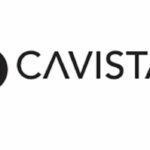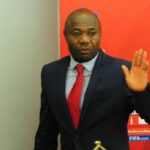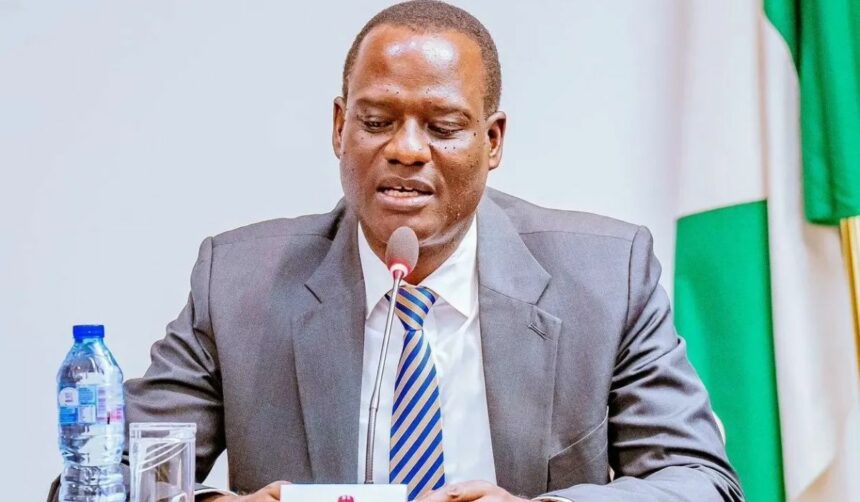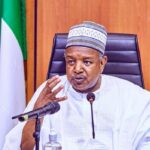The Presidential Fiscal Policy and Tax Reforms Committee, inaugurated by President Bola Ahmed Tinubu, has invited Nigerians to contribute to shaping the nation’s fiscal policies and tax system.
According to the committee headed by famous tax consultant, Taiwo Oyedele, the proposed public engagement initiative underscores the Tinubu administration’s commitment to transparency and participatory governance.
The committee, tasked with reviewing and advising on reforms in Nigeria’s fiscal policies and taxation, called for the submission of memoranda from citizens, experts, and organisations across the country.
It said the goal is to gather diverse perspectives and insights to inform meaningful changes and improvements in these critical areas.
The committee is soliciting memoranda that address a broad spectrum of topics per its terms of reference, which encompass but are not limited to:
- Fiscal Governance: Covering issues related to public financial management, government spending priorities, debt management, and coordination of economic policies.
- Revenue Transformation: Focusing on revenue administration, taxation structure, incentives management, and strategies for mobilising non-tax revenue.
- Economic Growth Facilitation: Encouraging contributions that address the ease of doing business, trade impediments, and support for Micro, Small, and Medium Enterprises (MSMEs).
To facilitate the submission process, the committee also outlined specific guidelines for interested parties:
- Memoranda should be provided in electronic format, PDF or Word documents.
- Submissions can be sent to [email protected] or delivered in hard copy to designated locations in Lagos and Abuja.
- In all submissions, contributors should include their name, contact information, and, if applicable, the name of the organisation they represent.
- The subject of each memorandum should be indicated in the email subject line or on the envelope, as appropriate.
According to the committee, the deadline for submitting memoranda is November 15, 2023.
It assured Nigerians that the inputs gathered would be used to develop policies that promote economic growth, establish an equitable taxation system, enhance fiscal accountability, and ensure the sustainability of Nigeria’s budgetary framework.










